
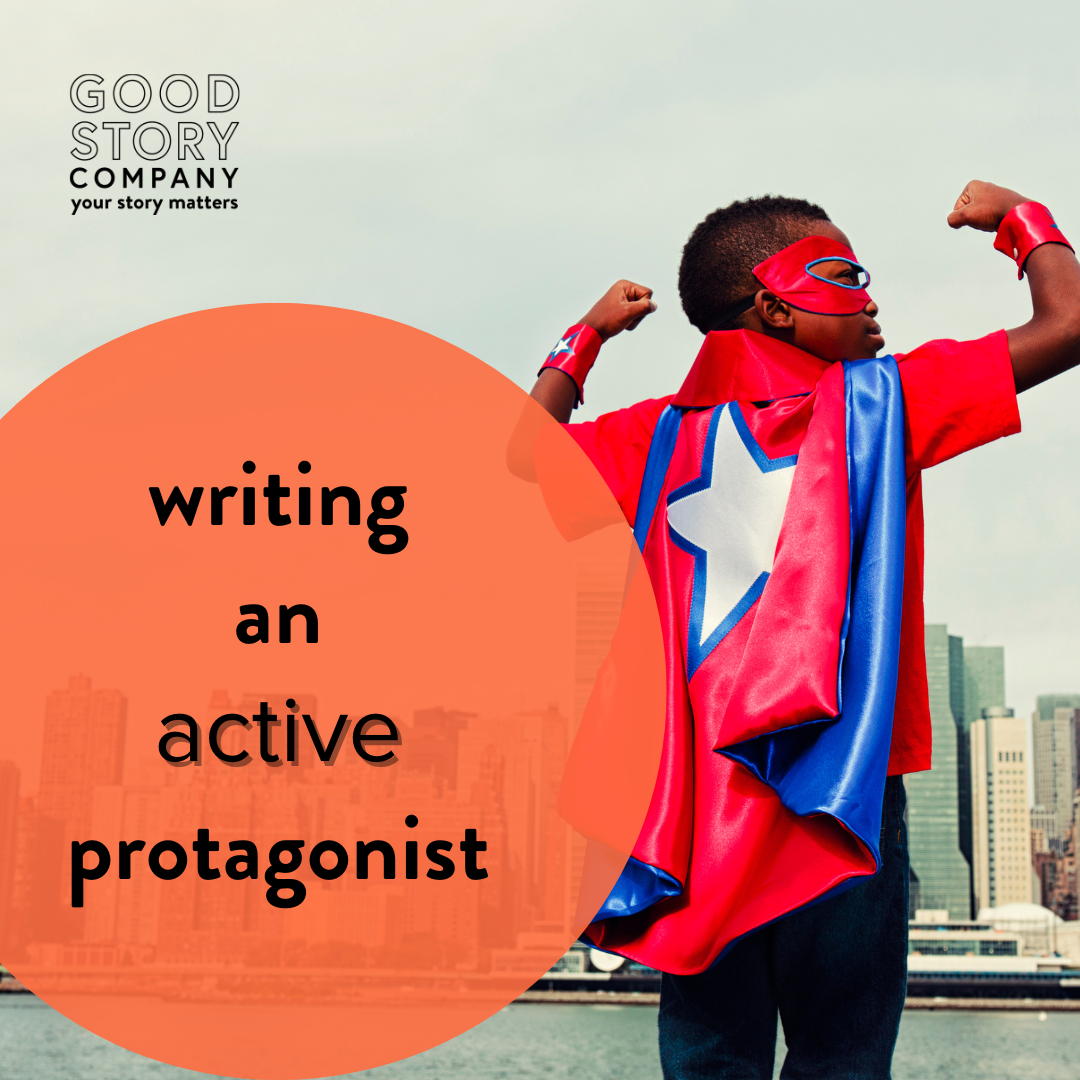
I Need a Hero: Writing an Active Protagonist
An active protagonist drives the story. Meaning? Your main character should want specific outcomes and fight for them. That’s where the conflict in the story comes from: everything that fights back. For tips on activating the hero of your story, read on.
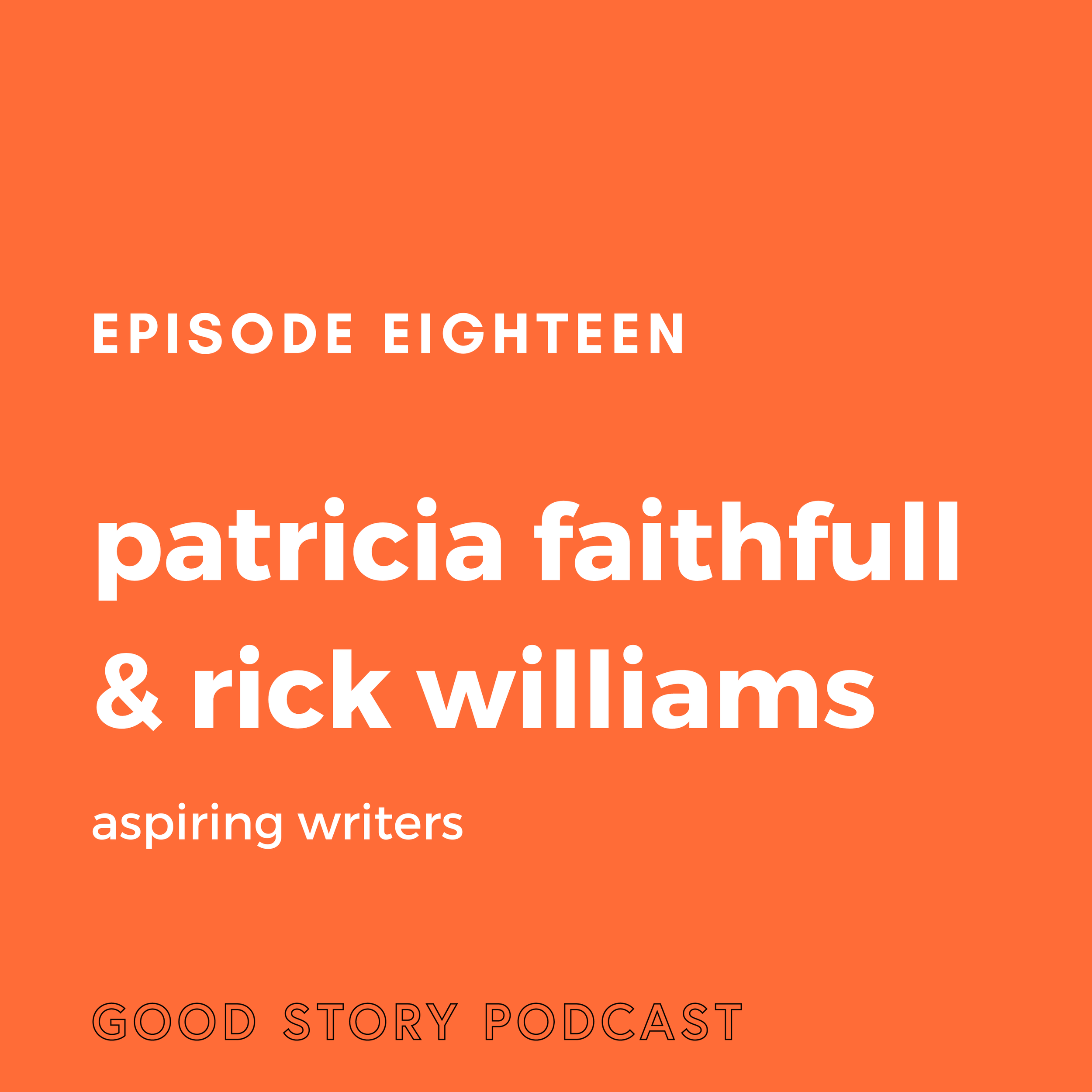
Episode 18: Patricia Faithfull and Rick Williams, Aspiring Writers
A conversation about "The Emotion Thesaurus" as well as writing tools in general and whether human input can ever be replaced by tools.
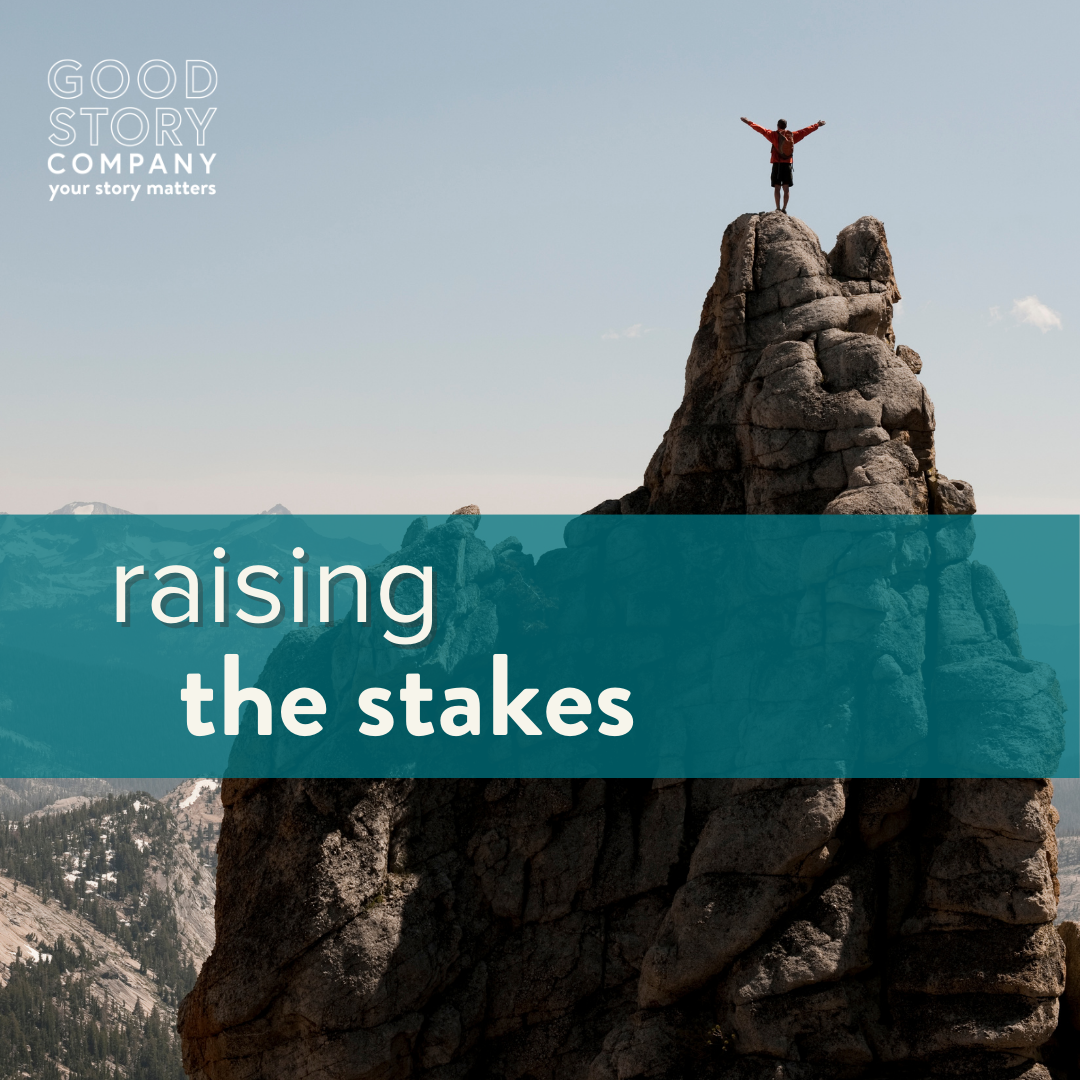
Raising the Stakes
Raising the stakes is a great way to sew tension in your story, and fear of failure is something everyone can relate to. The constant battle between running toward the goal while running away from the alternative will keep readers engaged and invested in your characters. Know how to identify your stakes and when to make them bigger.
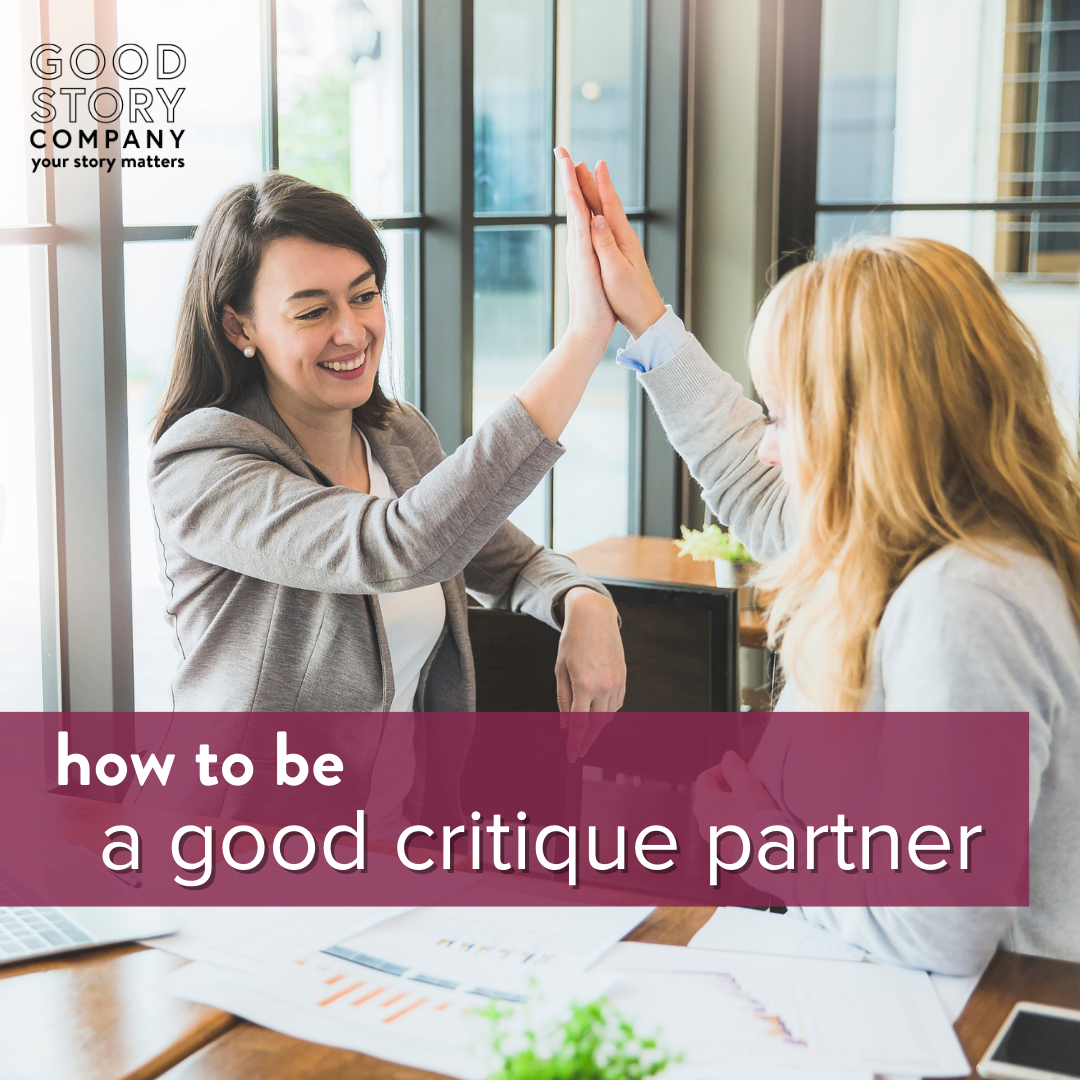
How to Be a Good Critique Partner
Tips for how to be a good critique partner and how to contribute to your writing community. Learn how to give writing critique here.

A Million Bad Words
In order to write, you have to WRITE! Spending time learning theory, taking classes, and reading books are beneficial, but ultimately it is practice that will make you a better writer. Learn how a million bad words can turn into a good story.
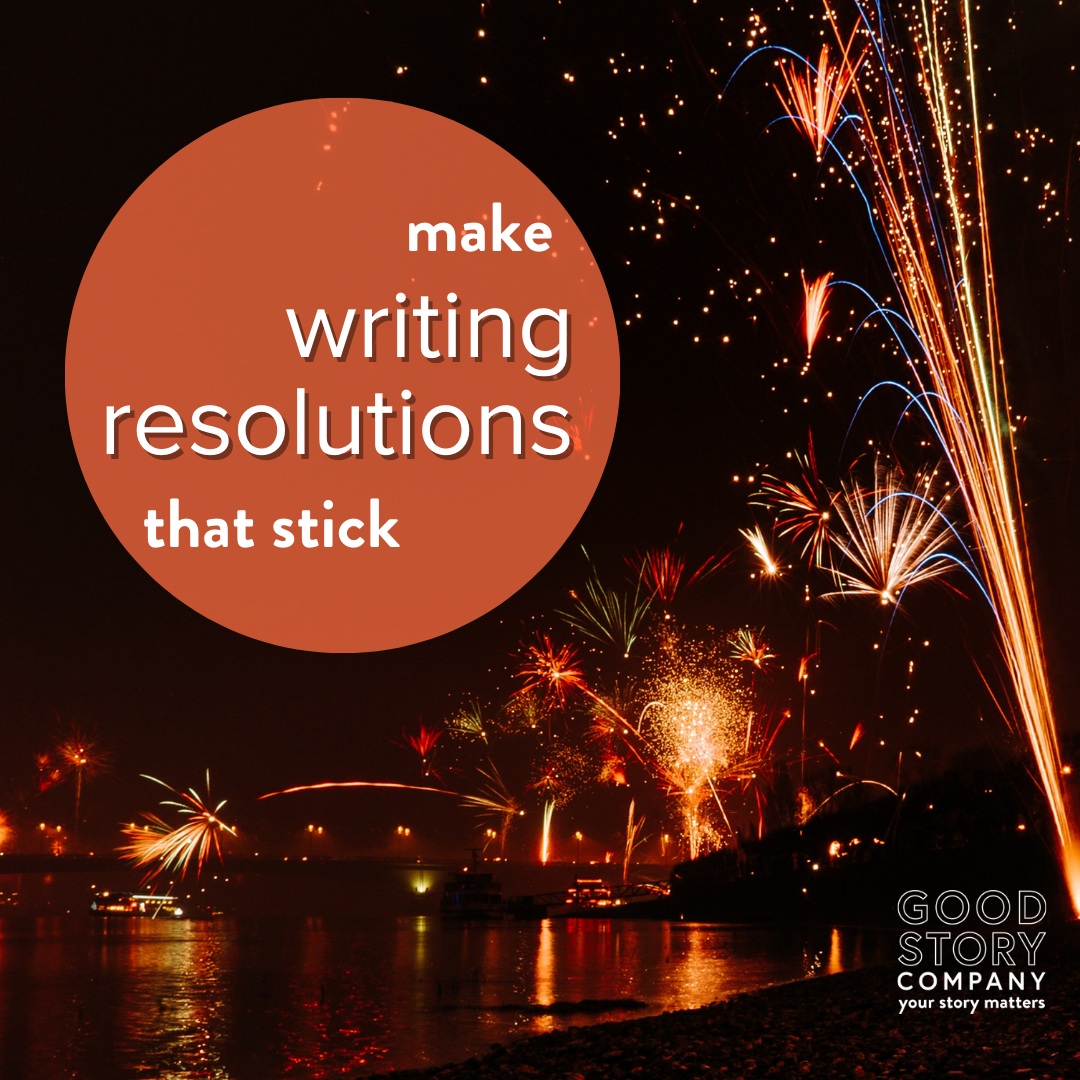
Make Writing Resolutions That Stick
Winter is the perfect season to establish your writing resolutions and form the habits that will lead to better productivity. There is so much you could accomplish in the year ahead! Read on for tips on how to develop—and crush!—your writing resolutions.
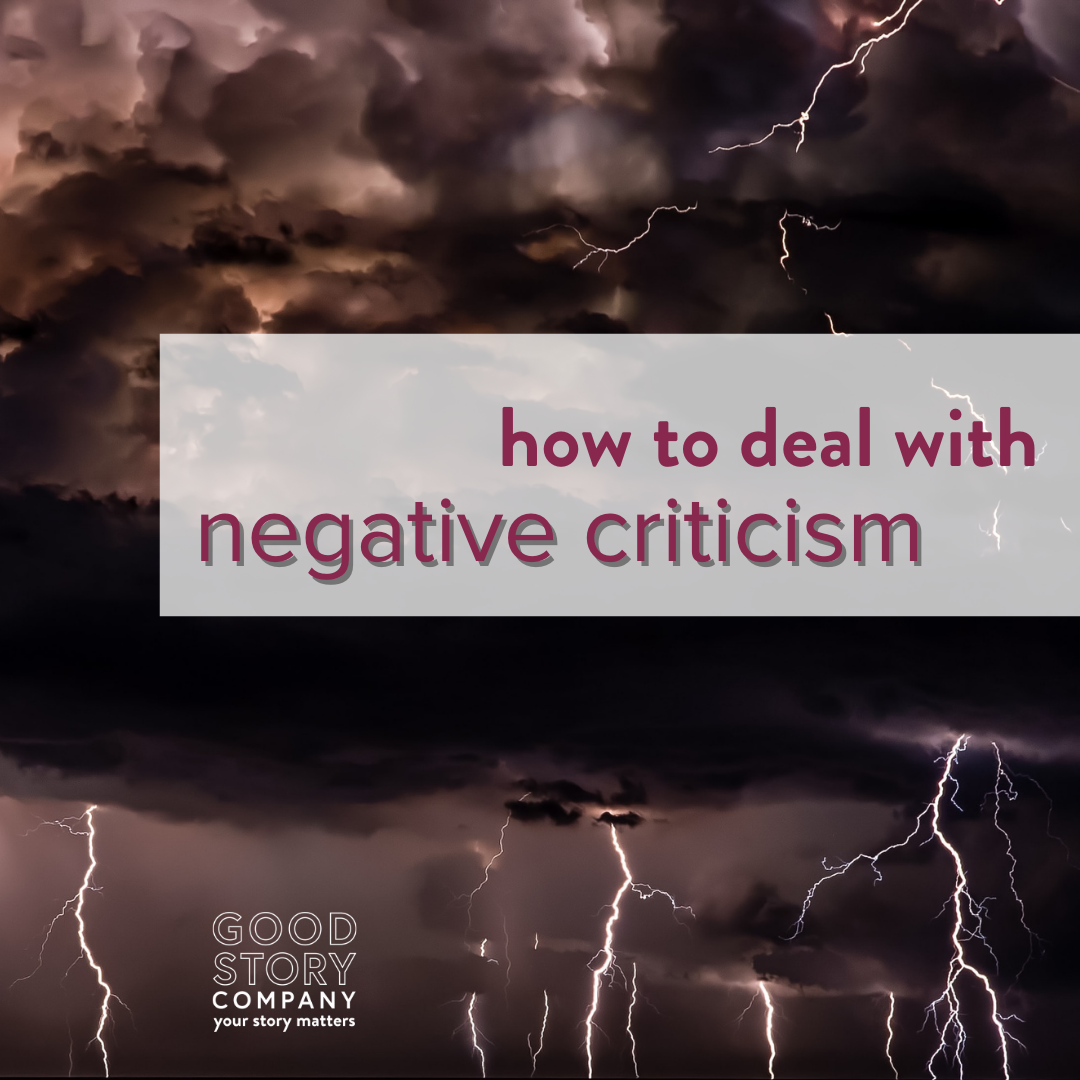
How to Deal With Negative Criticism
Many writers struggle with how to deal with negative criticism. Not all writing feedback you receive in your lifetime will be “constructive criticism”. Some of it may feel like straight-up criticism criticism, or worse, destructive criticism. Ouch! Here are some thoughts on bouncing back from a devastating writing critique, and what to do next.
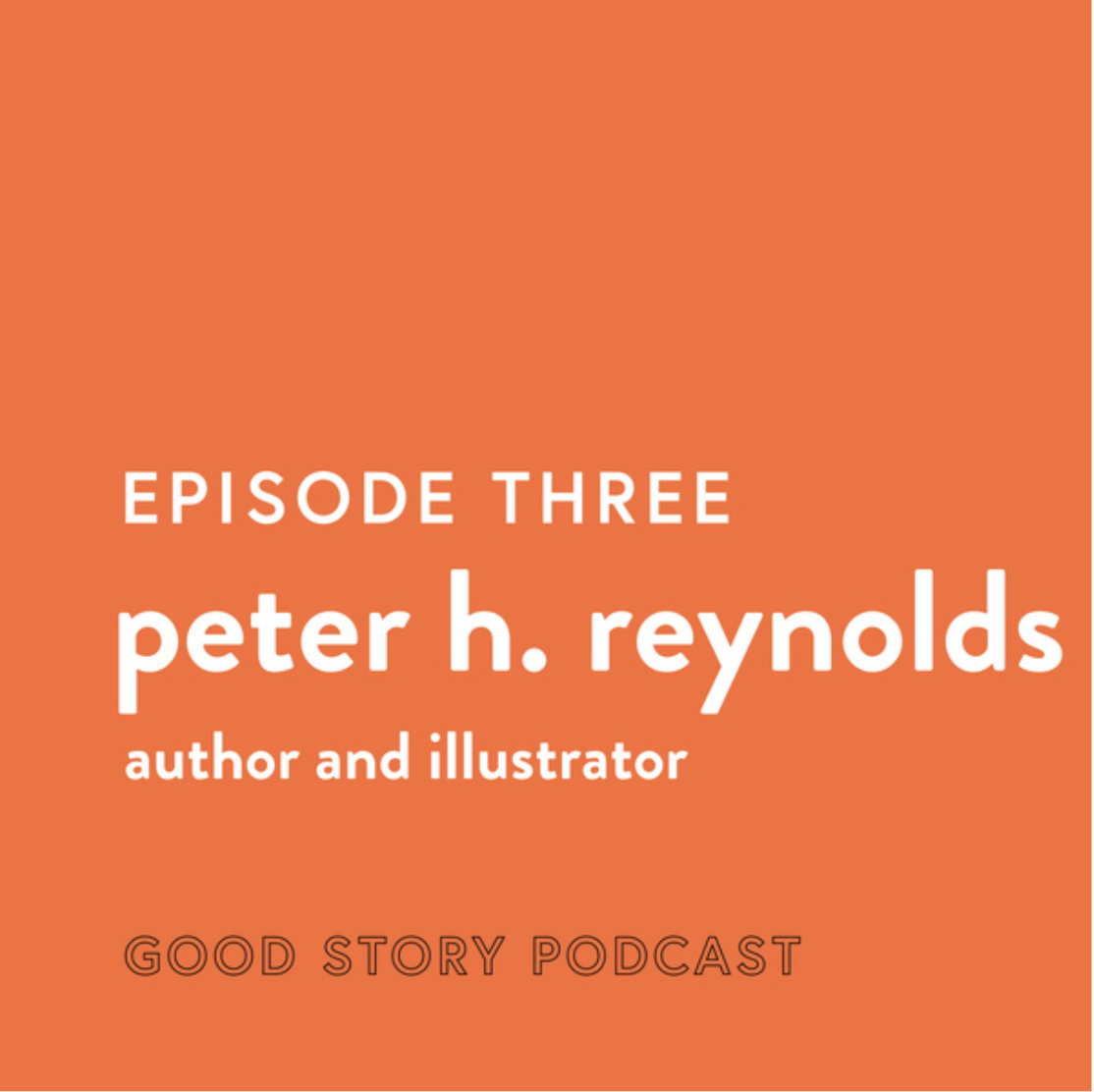
Episode 3: Peter H. Reynolds, Picture Book Author and Illustrator
An enlightening discussion about creativity, picture book writing, illustration, inspiration, and making mistakes ... in a good way!

When is a Manuscript Finished?
Tips on looking at your work with clarity so you can determine your personal "done," as well as what to do when you reach that finish line.

Writing Descriptions
Dust motes swirling in the gloom are enchanting, but do you really need to describe them in detail? Let’s look at some guidelines for writing descriptions so you can quench your thirst for gorgeous imagery without sacrificing the pacing of your story.

What Is a Sensitivity Reader?
There is a lot of controversy in the writing world about sensitivity readers, so what is a sensitivity reader? What does a sensitivity reader do? Learn more about this specializing writing and editing role here.

More Than Words: Avoid Clichés
As writers, we know we should try to avoid clichés and stereotypes. But you might not think of unique imagery as you’re writing your first draft, so you drop in a cliché as a placeholder. When revisiting a manuscript to self-edit, though, many writers often overlook the cliché that’s right in front of them: the clichéd image.
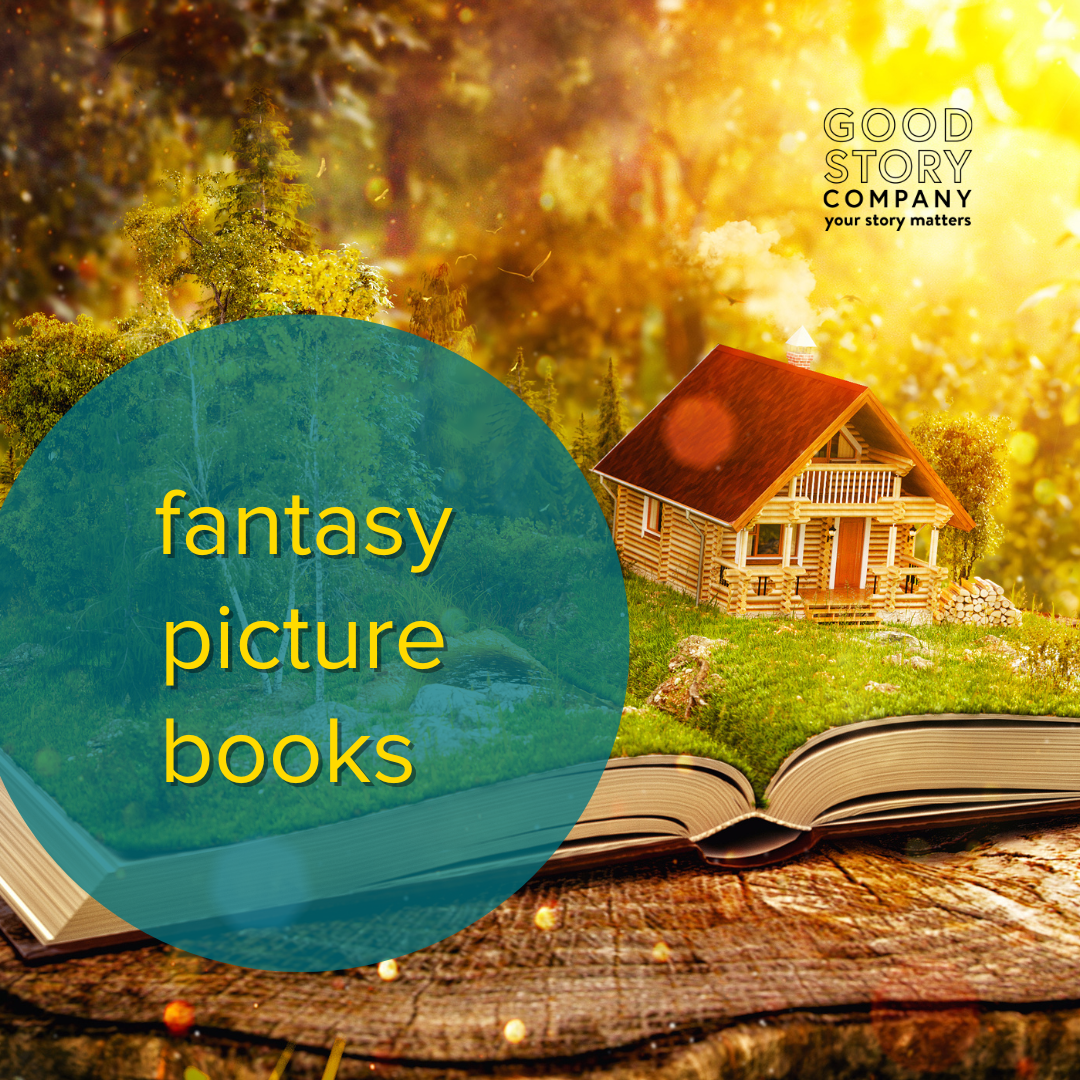
4 Helpful Tips For Writing Fresh Fantasy Picture Books
If you’re interested in writing a children’s picture book that uses fantasy elements to engage readers in a meaningful way, then you’ve come to the right place. In this post, we provide four tips on how to write original, highly engaging fantasy picture books that stand out!

Setting Writing Critique Expectations
Setting writing critique expectations is important, especially when a writer starts out getting writing feedback. A lot of writers are in a good headspace when they approach critique. Nervous, maybe. Vulnerable, of course. But eager to learn and give back to a fellow writer.
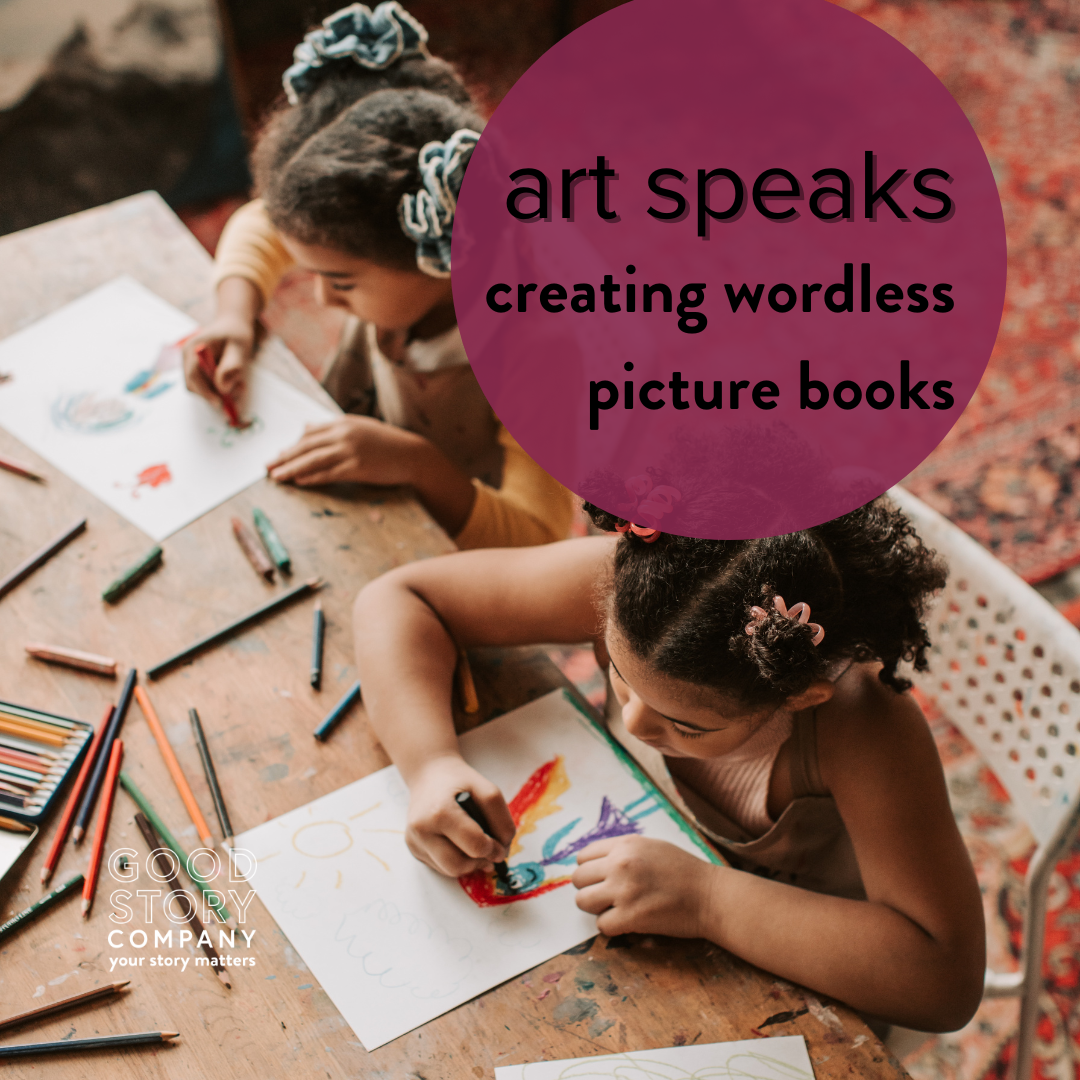
Art Speaks: Creating Wordless Picture Books
If you’re an author/illustrator in the picture book business, you probably feel like you’re at an advantage. While there is value in being able to create an entire work on your own, I’d like you to imagine not using your words. What does it look like to create wordless picture books?

The End of Camp NaNoWriMo: What to Do with Your Complete Manuscript
Now that you have a complete manuscript, you have some exciting decisions to make about what you want to do next. Whether Camp NaNoWriMo was a fun personal project or your first step on the path to publication, now is a great time to use your momentum to take your writing to new heights.

Wordiness in Picture Books
The trends are in: wordiness in picture books is out. It’s time to tighten up that manuscript and align with your market.

Episode 17: Anna Staniszewski, Children's Author
On this month's episode, children's author Anna Staniszewski chats about her path to publication, writing for different age groups, and what it takes to make it as a full-time author.

The Importance of a Nuanced Character Arc
Few of us change overnight. We might wake up one morning and realize we’ve changed, but when we look back we can see it was the result of a million little things, day after day, that brought us to our current state. How do we build a character arc like this—showing gradual, compelling, believable change?
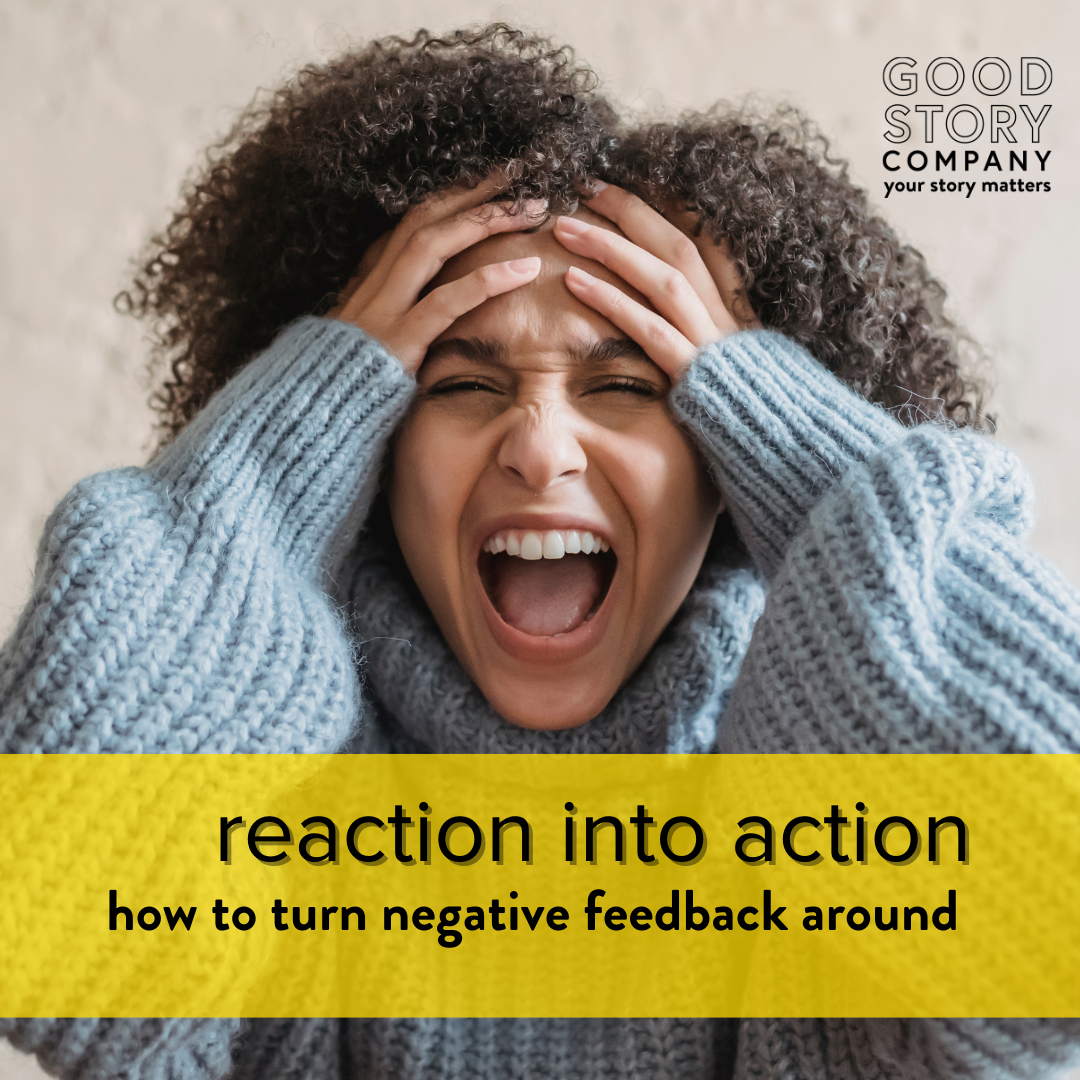
Reaction into Action: How to Turn Negative Feedback Around
Negative feedback can be confusing and hard to hear. Turn what feels like “no” into a mission to “go”!
